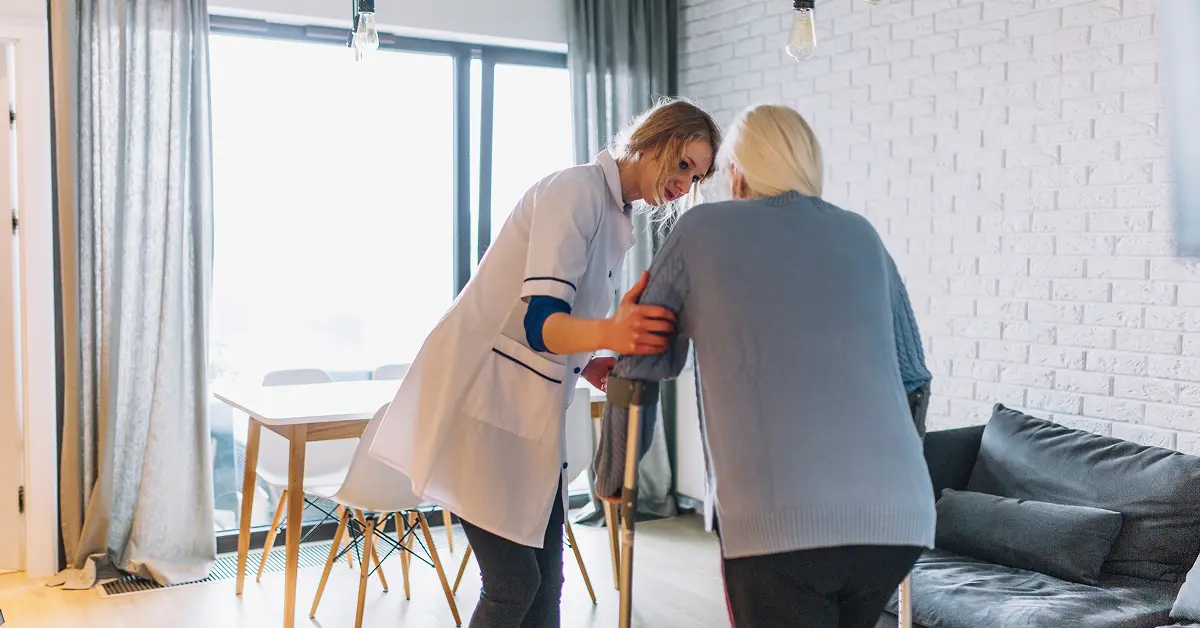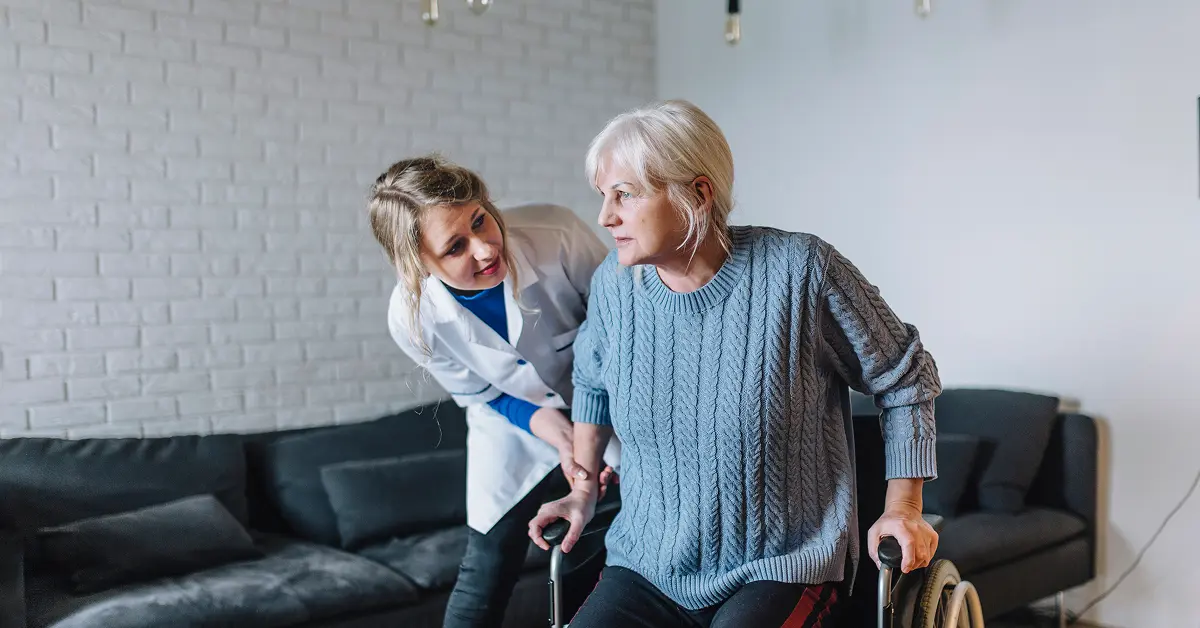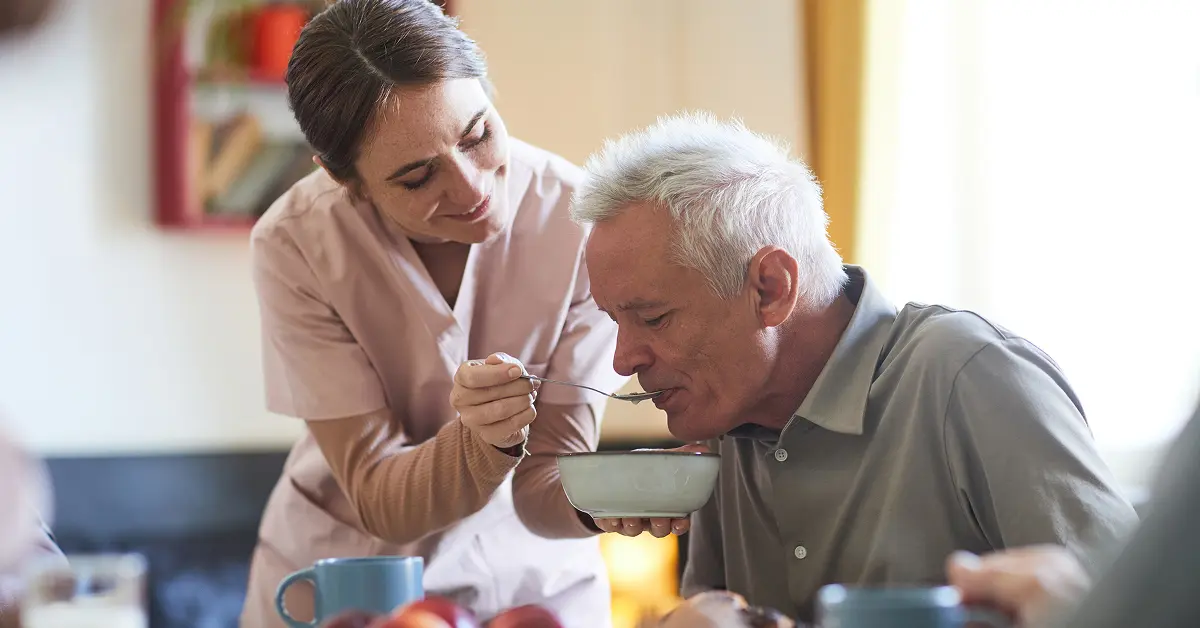Dehydration is a silent yet dangerous condition that often goes unnoticed in older adults until it leads to severe health consequences. As we age, our sense of thirst diminishes, our bodies retain less water, and chronic illnesses or medications can further disrupt hydration levels. These factors make seniors particularly vulnerable to dehydration — a condition linked to urinary tract infections, kidney problems, confusion, and even hospitalisation.
Fortunately, with modern caregiving tools and techniques, dehydration is both detectable and preventable. One of the most effective solutions today is care tracking — a method that involves monitoring, recording, and analysing fluid intake and related health data to ensure seniors stay properly hydrated. In this blog post, we will explore how care tracking can play a crucial role in preventing dehydration in elderly individuals and improving their overall well-being.
Why Dehydration Is a Serious Risk for Older Adults
Older adults are more susceptible to dehydration for several physiological and lifestyle reasons:
- Reduced thirst sensation: Ageing blunts the brain’s ability to detect when the body needs fluids.
- Kidney function declines: The kidneys become less efficient at conserving water.
- Chronic conditions: Diseases like diabetes, dementia, and heart disease may increase water loss or limit fluid intake.
- Medication side effects: Diuretics, laxatives, and certain antihypertensives can promote water loss.
- Mobility issues: Some seniors may avoid drinking water due to the fear of frequent trips to the bathroom or incontinence.
- Cognitive decline: Individuals with dementia or Alzheimer’s may forget to drink water altogether.
Because of these risk factors, dehydration can escalate quickly, especially if not detected in time. This is where care tracking systems step in as a vital safeguard.
What Is Care Tracking?
Care tracking refers to the systematic monitoring of an individual’s health-related activities — including medication intake, diet, sleep, physical movement, and most importantly, hydration. It can be done manually by caregivers or digitally using mobile apps, wearables, or smart home systems.
Care tracking allows family members, Best Caregiver Services at Home providers, or nursing staff to:
- Log fluid intake accurately
- Track daily hydration targets
- Set reminders for drinking water
- Identify patterns of dehydration
- Detect early warning signs of fluid imbalance
With consistent tracking, caregivers can intervene before dehydration becomes a medical emergency.
How Care Tracking Prevents Dehydration
Monitoring Daily Fluid Intake
One of the most direct benefits of care tracking is the ability to log exactly how much water a senior consumes throughout the day. Whether through a handwritten chart or an app, this information provides a clear picture of hydration patterns.
For example, caregivers can track:
- Glasses of water consumed during meals
- Liquid content from soups or fruits
- Beverages such as tea, milk, and juice
Setting Personalized Hydration Goals
Not all seniors have the same hydration needs. Care tracking tools can customise water intake targets based on:
- Weight and body composition
- Weather conditions (hot climates increase fluid loss)
- Activity level
- Presence of illness or medications
Real-Time Reminders and Alerts
Many digital care tracking apps come with notification features that prompt users to drink water at regular intervals. For seniors living alone or those with memory issues, such reminders are essential.
Early Detection of Dehydration Symptoms
Through observation and documentation, caregivers can catch early signs of dehydration such as:
- Dry mouth
- Confusion or dizziness
- Dark-colored urine
- Fatigue or low energy
- Rapid heartbeat
Improving Communication Between Family and Caregivers
When multiple caregivers are involved — such as family members, nurses, and home aides — communication can sometimes become fragmented. A shared care tracking system ensures everyone stays updated on hydration status, reducing chances of missed information.
Technology Tools That Help with Care Tracking
India is seeing a rise in the adoption of eldercare technology. Here are some tools that can be used for hydration tracking:
- Mobile Apps like CareClinic, Medisafe, and CaregiverBuddy (India-based)
- Wearables with hydration monitoring sensors (smartwatches with health features)
- Smart Water Bottles that sync with tracking apps
- Voice Assistants (like Alexa) that remind users to drink water
Even a basic spreadsheet or printed log sheet can be highly effective if updated regularly by caregivers.
Encouraging Seniors to Stay Hydrated
Tracking alone isn’t enough. Seniors must be motivated and supported to make hydration a habit. Here are a few strategies caregivers can combine with care tracking:
- Offer fluids frequently in small amounts rather than large servings.
- Flavor water naturally with lemon, cucumber, or mint to make it more appealing.
- Include hydrating foods like watermelon, oranges, cucumbers, and soups.
- Use easy-to-hold cups or straws for those with limited hand strength.
- Make fluids accessible — place water bottles in every room.
Care Tracking in Indian Home Care Settings
In India, where the joint family system is evolving and Elderly Care Services often involves professional support, home care providers are now integrating digital care tracking into their daily services. Many elder care agencies offer caregiver apps or dashboards that allow families to view real-time updates on their loved one's hydration, vitals, and medications.
This shift towards smart caregiving is not just a convenience — it’s a necessity, especially in metros like Mumbai, Delhi, Bengaluru, and Hyderabad where many elderly live alone.
Final Thoughts
Dehydration is a preventable risk, but only with the right awareness and action. Care tracking empowers caregivers and families to keep a close eye on elderly hydration habits, ensuring prompt interventions and long-term health benefits. Whether through manual logging or digital apps, consistent tracking promotes better routines, reduces hospitalisations, and enhances the dignity and comfort of ageing at home.
For Indian families balancing busy lives and caregiving responsibilities, care tracking is a practical and powerful tool to ensure elders are not just surviving — but thriving.
Contents
Our 24*7 services
Latest Posts
- What Is Respite Care and Why Is It Important
- Affordable home care for senior citizens in India
- Caring for Seniors with Dementia or Alzheimer's at Home
- Senior Caregiving A Guide for Every Family
- How to Write a Caregiver Resume That Gets You Hired
- How Care After Hospital Discharge Speeds Up Recovery at Home
- How to Get Home Health Care for Seniors Through Medicare
- What Does a Senior Citizen Caregiver Really Do at Home
- How to Care for Elderly Parents with Alzheimer’s or Dementia
- How to Get 24-Hour Care for Seniors at Home


